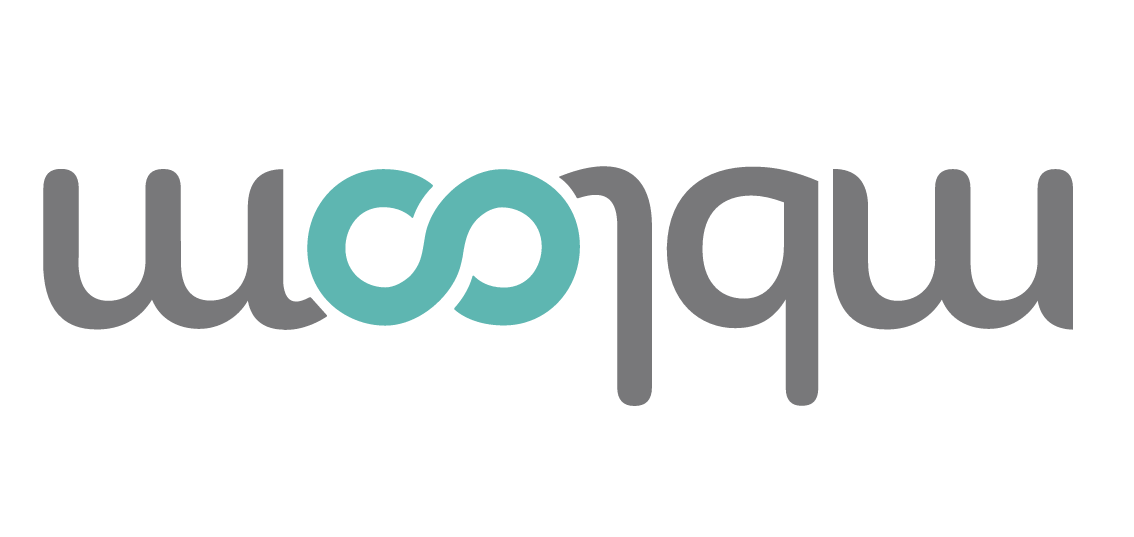Note: Today was “SOPA Blackout” day, where Google, Wikipedia, and thousands of other websites blocked access to protest SOPA. I’m vehemently anti-censorship, have contacted my local Senators and Congresspeople (several times), and wrote the following post, which originally appeared on Aloha Startups.
UPDATE: Both SOPA and PIPA were killed…but new threats loom…
SOPA: Wrong for Startups, Wrong for the Internet, Wrong for America
I really don’t want to get political, but the issue of censorship really tweaks my craw. When I was in high school, I learned about Freedom of Speech, due process, and how censorship was used to oppress people in other, “evil” countries. I had to read “Fahrenheit 451” and was taught that the USSR was evil because, among other things, the government controlled the news. More recently, I’ve read stories about the “Arab Spring” being energized via social media, and that the US helped to keep those channels of communication open while their governments tried to censor them. Now, it appears that our own government is trying to make it easier to censor the internet in the US.
SOPA, the Stop Online Piracy Act,  is a bill introduced to the House of Representatives this fall to give law enforcement and copyright holders more power to fight internet piracy. According to Wikipedia…
Proponents of the bill say it protects the intellectual property market and corresponding industry, jobs and revenue, and is necessary to bolster enforcement of copyright laws especially against foreign websites.[5] Opponents say it is Internet censorship,[6] that it will cripple the Internet,[7] and will threaten whistleblowing and other free speech.[8]
While I’m obviously against online piracy, as everyone should be, SOPA gives rights holders the ability to shut down websites’ payment systems just by claiming copyright infringement. PCMag.com had this to say:
Among the more controversial provisions is a section that would allow rights holders to contact the financial institutions that do business with a particular Web site and ask them to shut down access because of infringing content. If you ran a Web site that used PayPal or accepted payment via MasterCard, for example, and someone thought your site contained pirated content, they could contact PayPal or MasterCard and have those companies cut off access to your site, effectively shutting down your business.
Representative Lamar Smith (R-TX), who introduced the bill, said that the bill’s critics are “spreading lies” after some of the top internet companies printed an open letter saying that the bill (and the PROTECT IP Act) provides censorship “techniques similar to those used by China, Malaysia and Iran.”
SOPA is still in committee, but they are meeting today to vote on amendments to the bill.  (I was going to link the word “committee” to the YouTube-posted version of “I’m Just a Bill,” but it was taken down due to copyright infringement. Irony?)
Democracy In Action
So what did I do? I contacted my representative, Congresswoman Colleen Hanabusa, to express a constituent’s opposition to SOPA. (It’s made very easy at http://americancensorship.org/, where you just type in your phone number and zip code, they give you a few talking points, and then your phone rings, already connect with your representative’s office!)
While Rep. Hanabusa’s email response to an earlier anti-SOPA note I submitted via her website, pasted in its entirety below, assures me that she will “keep (my) thoughts in mind should this bill or any similar piece of legislation come to the floor,” it’s obvious to me that she supports SOPA. She does go into detail to clear up some potential confusion about the controversial portions of the bill, and uses the typical politician fear-mongering lines around “unsuspecting consumers,” “expose children to serious health risks,” and “identity theft,” but avoids the bigger points around due process and censorship as they relate to the rights holder’s (not the Attorney General’s) ability to impact suspect sites.
Read the email for yourself, educate yourself on SOPA, make your views known to your representative, and let us know what you think in the comments. Whether you’re for or against this legislation, let your voice be heard. While our rights may be starting to erode with this bill, at least the macro democratic process is still going strong…in theory.
 |
| December 14, 2011
Dear Rushin,
Thank you for your correspondence regarding H.R. 3261, the Stop Online Piracy Act. I appreciate your input on this important issue.
H.R. 3261, introduced by Representative Lamar Smith (TX), allows the Attorney General to seek an injunction that would block access to foreign websites dedicated to intellectual property infringement. Intellectual property is any product conceptualized by an individual that has commercial value. This includes among other things patents, trademarks and trade secrets. Common intellectual property infringement includes pirated software, illegal distribution of music or movies, or counterfeit merchandise.
Many of these foreign sites appear legitimate to unsuspecting consumers, who are tricked into purchasing shoddy products or downloading pirated content like music, movies or games. Some of these counterfeiters sell imitationÂ
Under this bill, once the Attorney General formally seeks an injunction against a foreign website, the Justice Department must go to a federal judge and lay out the case against the site. If a federal judge agrees that the website in question is dedicated to illegal and infringing activity, then a court order can be issued directing companies to sever ties with the illegal website. Third-party intermediaries, like credit card companies and online ad providers, are only required to stop working with the site. They cannot be held liable for the illegal or infringing actions taken by the foreign website.
Under existing law, it is already illegal to operate domestic websites that infringe on intellectual property rights, just as it is illegal to operate a brick-and-mortar store selling pirated goods. H.R. 3261 simply extends those prohibitions to foreign infringing websites.
This legislation elicits vigorous debate on both sides of the issue and I appreciate all the input from constituents I have received on this bill. Unfortunately I believe there are several misconceptions of the bill that I would like to clear up.
First, H.R. 3261 does not restrict lawful free speech and is not a form of censorship. The fact is the bill establishes judicial review and requires judicial approval for a site to be shut down. Ultimately restricting sites from offering fake designer purses or selling copies of the latest Hollywood movie is not an unlawful restriction of an individual’s Constitutional right to freedom of speech.
Next, the bill would not require an entire site to be shut down if a single page is found to be infringing. H.R. 3261 allows a court to target only the portion of the site that is engaging in criminal activity or infringing, leaving access to or funding of the rest of the site alone.
Finally, the legislation does not require internet service providers to engage in any monitoring, supervising, or policing of their networks. It only requires them to take action at the direction of the Attorney General if a federal court rules that a foreign site is engaged in criminal activity for which seizure would apply if it were in the U.S. Just like 1998’s Digital Millennium Copyright Act, internet service providers are only required to take minimum steps, with no duty to monitor.
H.R. 3261 has been referred to the House Committee on the Judiciary, where it awaits further consideration. Please be assured that I will keep your thoughts in mind should this bill or any similar piece of legislation come to the floor of the House of Representatives for a vote during the 112th Congress.
Again, thank you for expressing your views on this crucial issue. I hope you will continue to contact me on federal matters of concern to you. If you would like regular updates, please sign up for my e-newsletter athttp://hanabusa.house.gov.
Sincerely, Colleen Hanabusa |





Leave a Reply